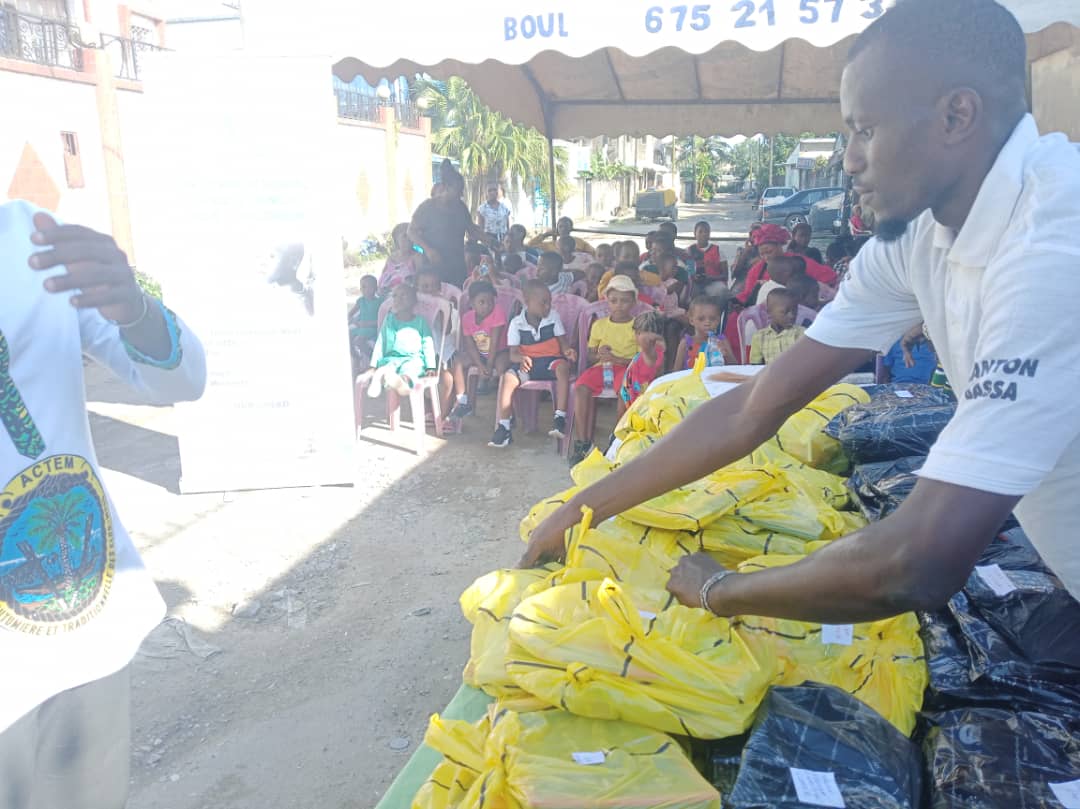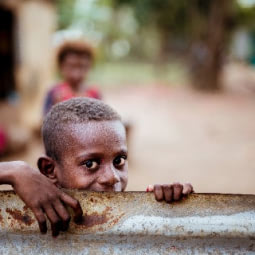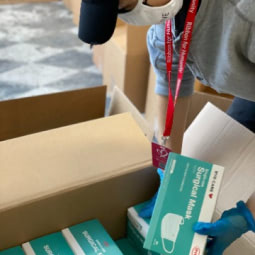In times of crisis, children are often the most vulnerable, facing immediate threats to their safety, health, and well-being. Natural disasters, armed conflicts, and economic downturns can disrupt their lives, leaving them without access to essential services like healthcare, education, and basic necessities. This is where non-governmental organizations (NGOs) step in, playing a crucial role in bridging the gap between immediate needs and long-term recovery.
Understanding the Crisis: The Impact on Children
Children, especially those aged 0-18, are disproportionately affected during crises. Their physical, emotional, and developmental needs are often overlooked in the chaos. The disruption of education, loss of parental care, and exposure to violence or trauma can have long-lasting effects on their future.
For instance, during natural disasters like earthquakes or floods, children may lose their homes, schools, and even family members. In conflict zones, they may be forcibly displaced, separated from their families, or recruited as child soldiers. Economic crises can push children into labor or force them to drop out of school, limiting their opportunities for a better future.
The Vital Role of NGOs in Crisis Relief
NGOs like International Assistance for Children play a pivotal role in responding to these crises. Their efforts are often life-saving and focus on addressing both the immediate and long-term needs of affected children.
- Rapid Response and Emergency Relief: NGOs are often the first responders in times of crisis, providing essential services such as food, clean water, medical care, and temporary shelter. Their quick actions help stabilize the situation and prevent further harm to children.
- Healthcare and Psychological Support: In the aftermath of a crisis, children often face severe physical and psychological trauma. NGOs work to provide access to healthcare, including vaccinations, nutrition programs, and treatment for injuries. Additionally, they offer psychological support to help children cope with trauma, loss, and the stress of displacement.
- Education and Safe Spaces: Education is a key component of a child’s recovery. NGOs establish temporary learning centers and safe spaces where children can continue their education and regain a sense of normalcy. These safe spaces also provide an environment where children can play, socialize, and receive emotional support.
- Long-term Rehabilitation and Advocacy: Beyond immediate relief, NGOs work on long-term rehabilitation programs. They advocate for the rights of children, ensuring they have access to education, healthcare, and protection from exploitation. NGOs also engage in community rebuilding efforts, helping to restore schools, healthcare facilities, and other critical infrastructure.
Bridging the Gap
The role of NGOs in children’s crisis relief cannot be overstated. They are the bridge between the immediate chaos of a crisis and the long-term recovery and development of affected children. By addressing both the urgent needs and the underlying issues that exacerbate crises, NGOs help ensure that children not only survive but thrive in the aftermath of a disaster.
At International Assistance for Children, we are committed to this mission. Our programs are designed to provide holistic support to children in crisis, ensuring they have the resources, care, and opportunities they need to rebuild their lives and reach their full potential. We believe that every child, regardless of their circumstances, deserves a chance at a bright and hopeful future.
Conclusion
As we look toward the future, the importance of NGOs in crisis relief becomes even more evident. With the increasing frequency of natural disasters, conflicts, and economic challenges, the need for coordinated and effective responses is greater than ever. By supporting NGOs like International Assistance for Children, you are helping to bridge the gap for children in crisis, giving them the hope and support they need to overcome adversity and build a better tomorrow.









